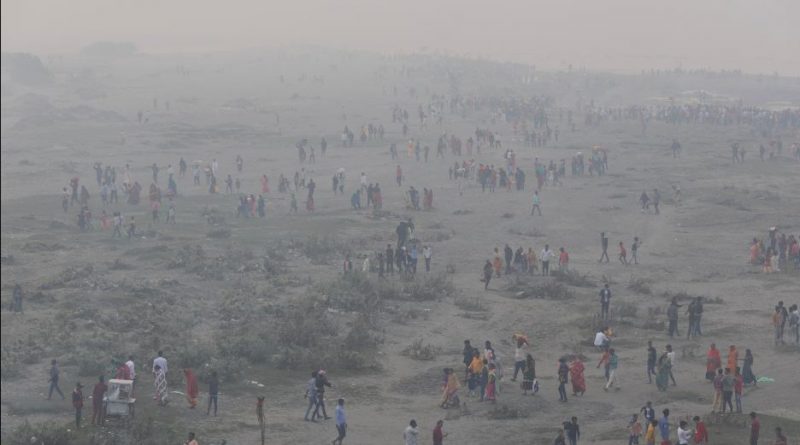India strives to cut stubble burning to zero to curb pollution
New Delhi (Reuters) – India is committed to ending crop burning this year, the government said, after agriculture and environment ministry officials met on Thursday to review progress towards preventing the major source of pollution during the winter months.
Farmers in the northern states of Punjab, Haryana and Uttar Pradesh typically burn crop waste after harvesting in October to clear their fields before they sow winter crops a few weeks later.
Smoke from the burning crops, together with traffic pollution and a fall in wind speeds, is blamed for the smog that envelopes Delhi, the world’s most polluted capital, every winter.
Apart from the impact on air quality, Agriculture Minister Narendra Singh Tomar said stubble burning damages soil health and reduces its fertility, a government statement said.
But he said efforts so far to increase awareness had reduced the amount of crop burning over the last five years without giving figures.
States have been asked to provide crop residue management machinery to farmers before the harvesting season and to monitor the utilisation of bio-decomposers.
The government is also seeking to shift the focus onto using straw from paddy fields for commercial purposes rather than burning it.
Residents of Delhi in recent years have reported spikes in respiratory infections as temperatures dip, forcing authorities to take measures such as closing schools and banning construction activity.



